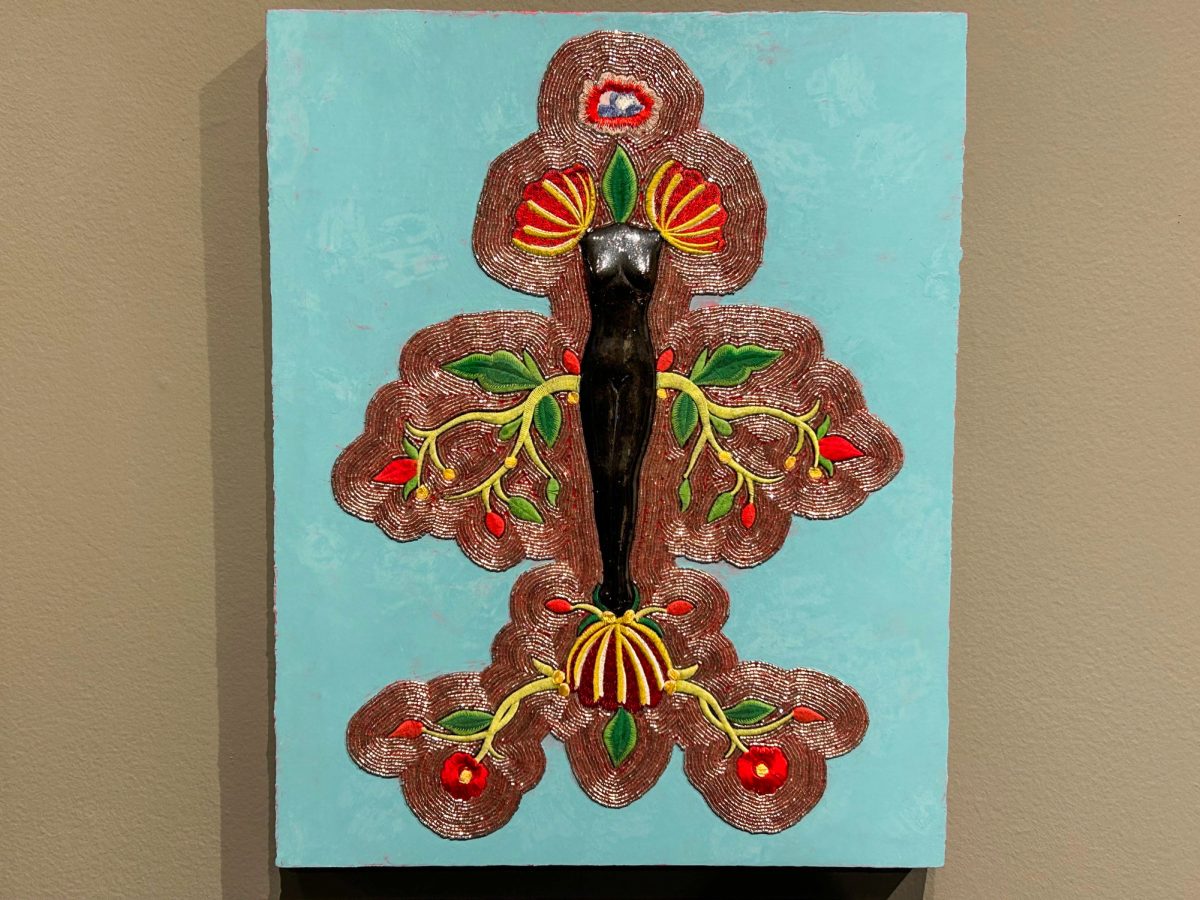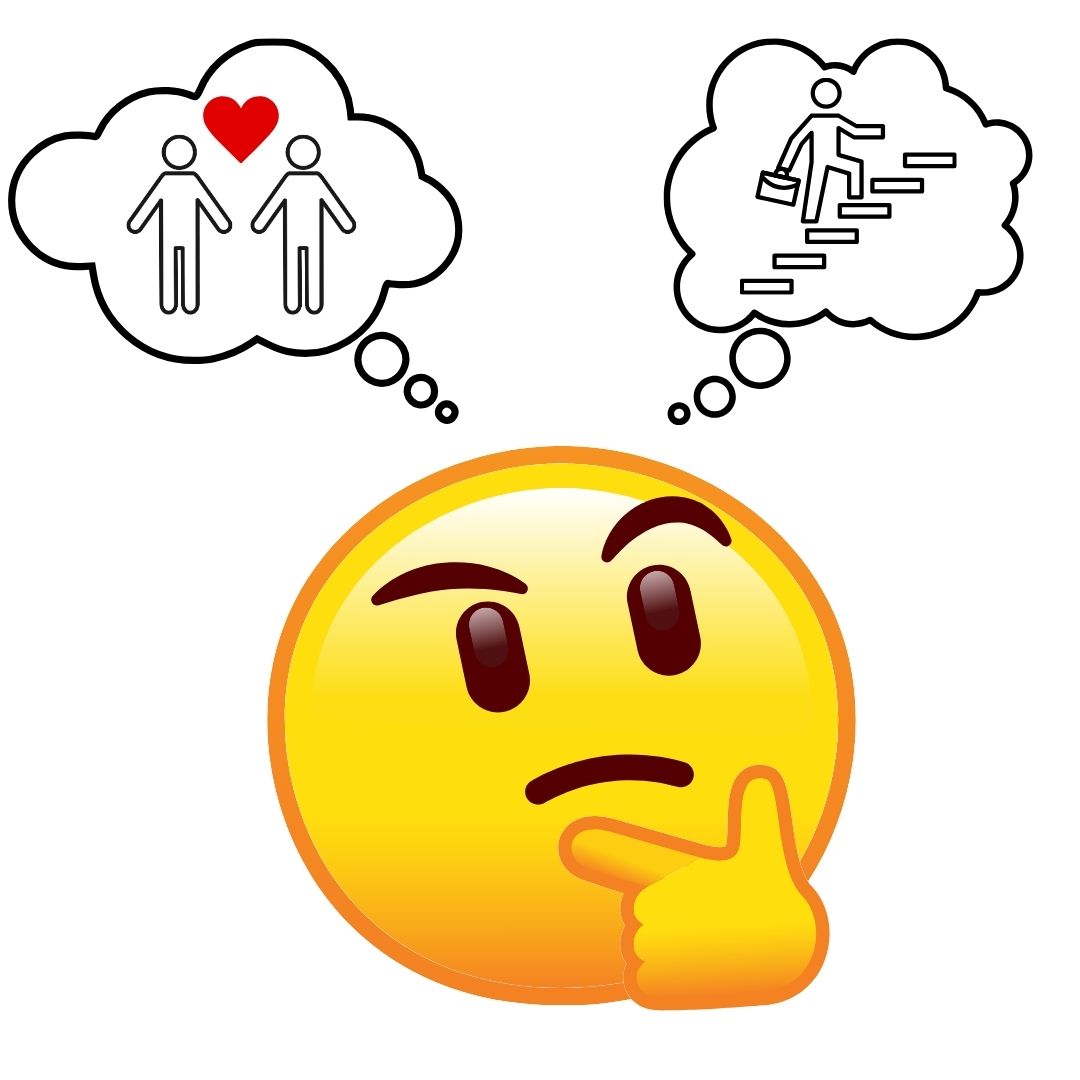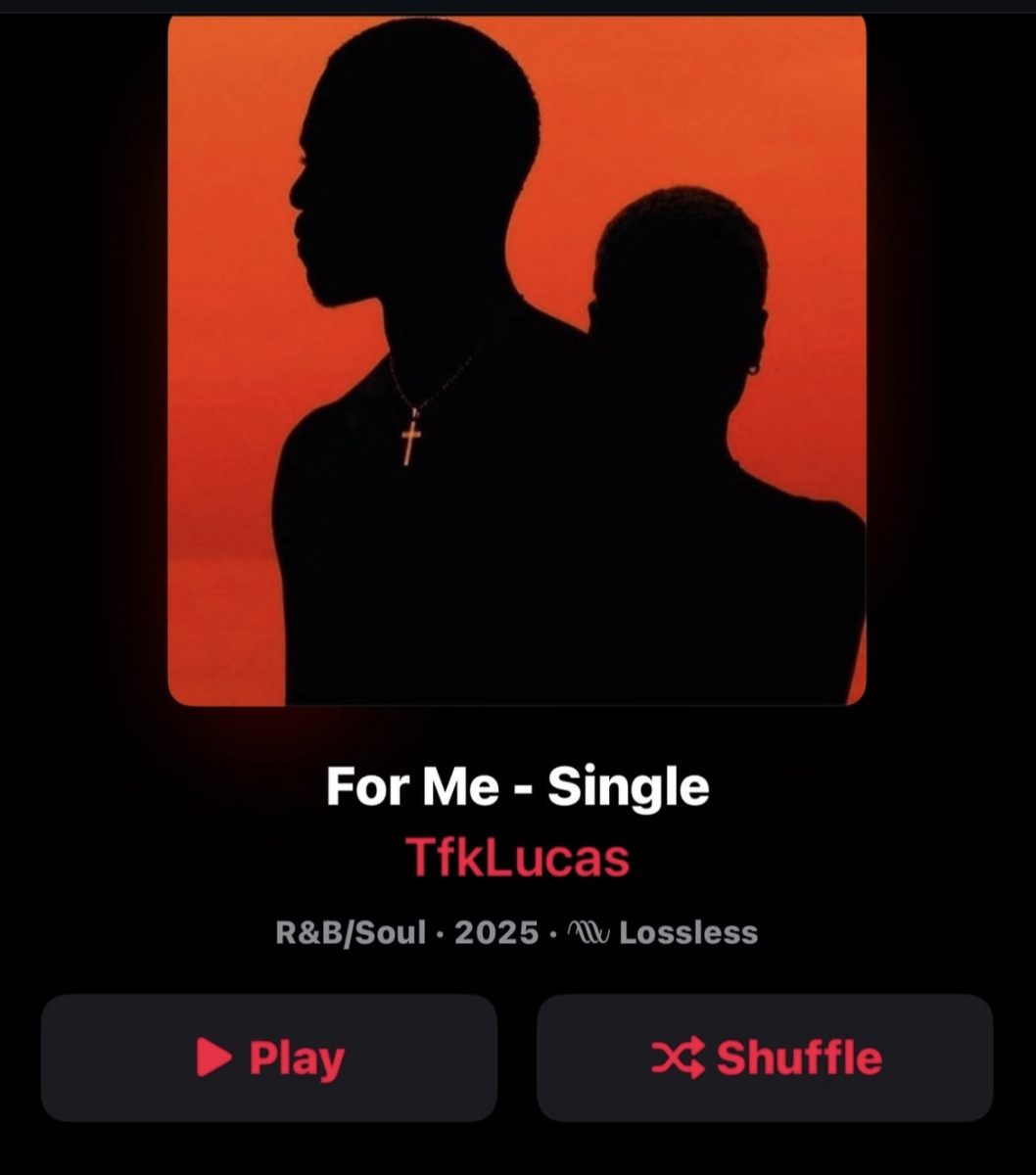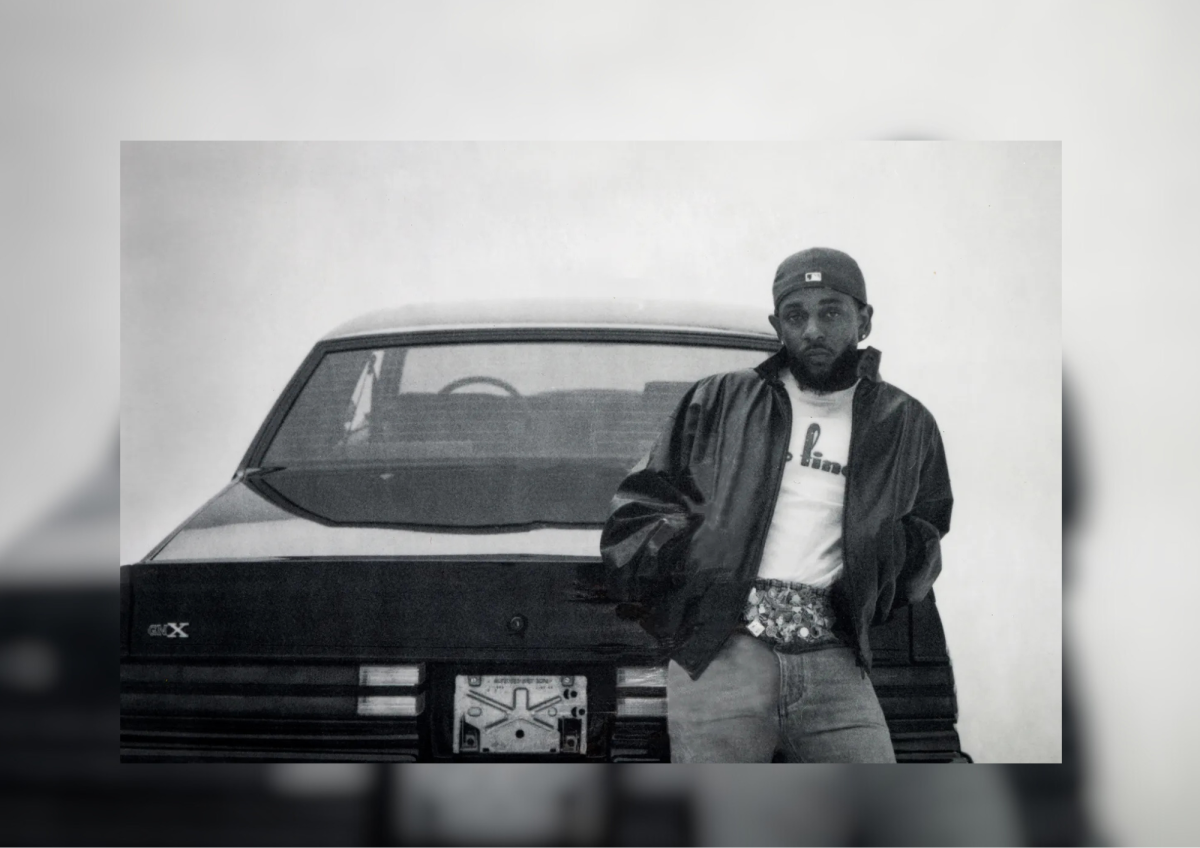Throughout an unprecedented year of isolation, Justin Bieber has taken to the studio to record tracks of optimism, strength, and love, reflected in his newest release, “Justice.” As a follow-up to his 2020 album, “Changes,” “Justice” showcases patterns of Bieber’s biggest insecurities while looking regretfully towards his past behavior. Likewise, we see a new, mature image from Bieber form out of said regrets, building his existing persona and lyrical messages.
After a quadruple release of singles from the anticipated album over the past six months, “Justice” had already developed an R&B-centric tone for listeners, providing a deep look into Bieber’s inner emotions, before its release. The final product was delivered as promised, with a variety of romantic ballads and upbeat tracks to complement an intimate story.
The album commences with a speech snippet from Dr. Martin Luther King Jr. stating, “Injustice everywhere is a threat to justice everywhere,” before transitioning into the opening track, “2 Much.” From the beginning, it is evident that the majority of the album revolves around his relationship with his wife Hailey Bieber, similar to the structure of “Changes.” “2 Much” expresses Bieber’s deepest feelings of adoration and commitment toward Hailey, a sincere expression of a passionate romance.
With “Deserve You” and “As I Am” (a duet featuring Khalid), Bieber unveils his fears of regressing into the past, along with a craving for acceptance to overpower insecurities. Simultaneously, he promises to be by his wife’s side the way she appeared for him, while almost dependent on her loyalty for inspiration and spirit.
For an acoustic break, “Off My Face” details the intoxicating madness of falling in love. Bieber describes a loss of all senses where he confesses he is “forever ruined by you” in the greatest way possible. This style of music, a cliché romantic serenade, has been a staple across Bieber’s discography. With age, a transition away from an adolescent, bubblegum-pop sound is apparent, and “Off My Face” exhibits mature emotional development and songwriting skills.
In “Die For You,” listeners are treated to a more upbeat pop anthem, reminiscent of his earlier discography, describing “pain and passion, my desire/you know I would die for you, the rest of my life for you.” On a similar note, “Peaches” exudes passionate, colorful energy through its R&B/funk nature, complete with a music video with equally creative visuals.
A second interlude from Martin Luther King Jr. appears in the middle of the album, promoting the need to stand up against injustice and push aside potential criticism by raising your voice. As a potential callout to the recent surge in the Black Lives Matter (BLM) movement, Bieber strives to raise awareness of the despicable behavior our world has experienced. The title “Justice” takes on a whole new meaning in this transition. The album appears to be written for the world at large rather than an intimate crowd of fans, though the interlude being inserted between a series of love songs doesn’t quite fit the theme.
Many news sources have attributed the use of this interlude as a failed effort to recognize the aforementioned BLM movement and additional racial and gender issues. In an introduction that suggests justice for minority groups, the following track lists and displays a different objective. On the contrary, Bieber’s actions speak louder than his creations. In a virtual listening party hosted for “Justice,” Bieber opened up about his lack of education on MLK, wanting to “amplify his voice to this generation.” Though King’s call for justice stands alone amidst a romantic theme, Bieber remains heavily educated on the global situation surrounding racial injustice.
Across social media, Bieber has displayed anger toward the mistreatment of Black individuals and has strongly supported the Black Lives Matter movement, with Hailey following suit. His sample of Dr. King’s speech doesn’t undermine his desires for change, or showcase a tone-deaf display of emotions. The album itself may not reflect a call for justice as a whole, though Bieber’s intentions don’t suggest any less.
Overall, “Justice” represents a major personality shift for Bieber as he transitions into a new decade with a new mindset. After the heavy influence of modern hip hop/rap on “Changes,” his newest album provides a greater variety for listeners, containing multiple genres across the board. Likewise, a positive influence from marriage has resulted in a heavy flow of inspiration to create, benefiting fans and his overall well-being.
Though love appears to be the strongest influence of all, branching out across different emotions and experiences could produce equally positive results and feedback. Nonetheless, Bieber doesn’t fail to disappoint. “Justice” is proof of a passionate musician whose motive to please an audience is strong, calling attention to mutual global experiences while reflecting a major stage of personal growth.
For questions/comments about this story tweet @TheWhitOnline.





























































































































































![“[It’s] very low stakes. There's no auditioning; we rarely make cuts, you know. It's very welcoming,” Duffy said. - Multimedia Editor / Matthew Millroy](https://thewhitonline.com/wp-content/uploads/2025/02/IMG_2612.jpg)

!["Between poems, owner of Words Matter Bookstore and host Keryl Hausmann spoke, saying 'To listen to [poetry] is different than to read it.'" - Graphics Editor / Brendan Cohen](https://thewhitonline.com/wp-content/uploads/2024/11/IMG_0653.png)














































